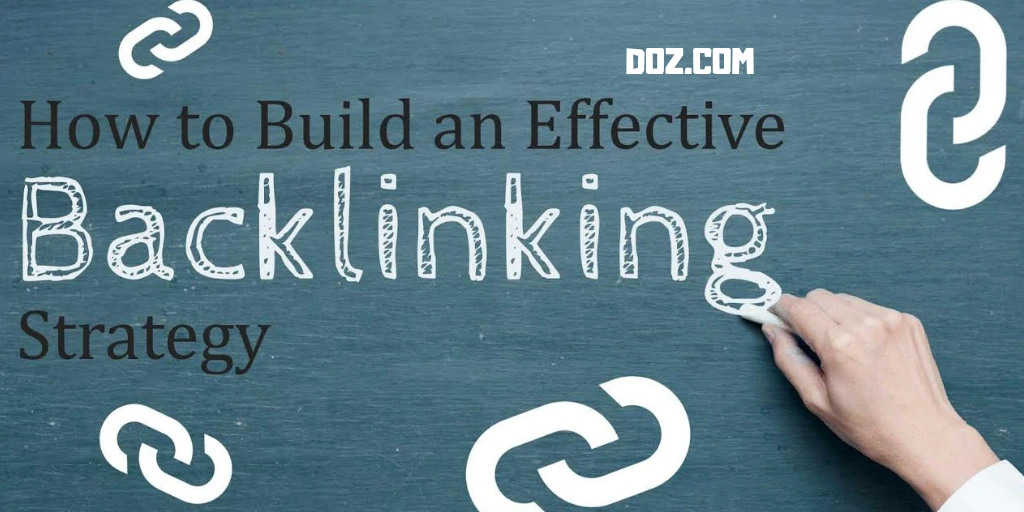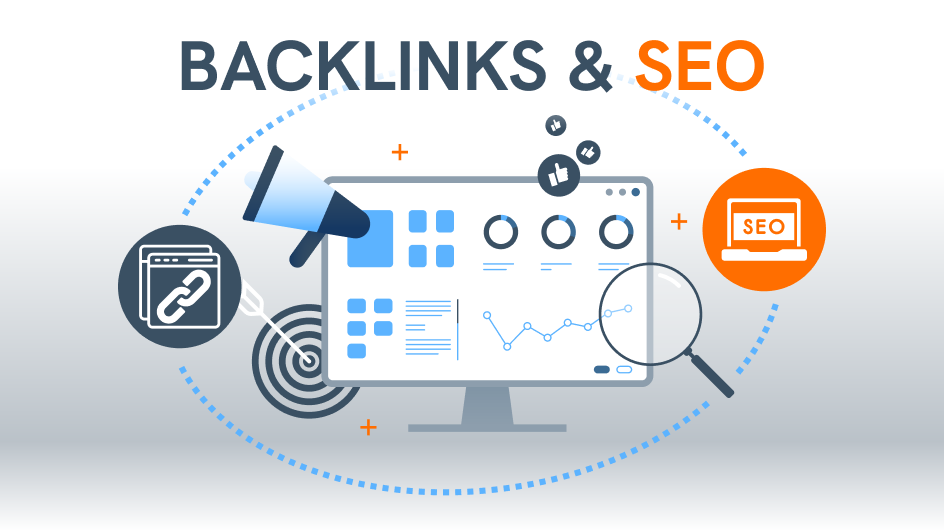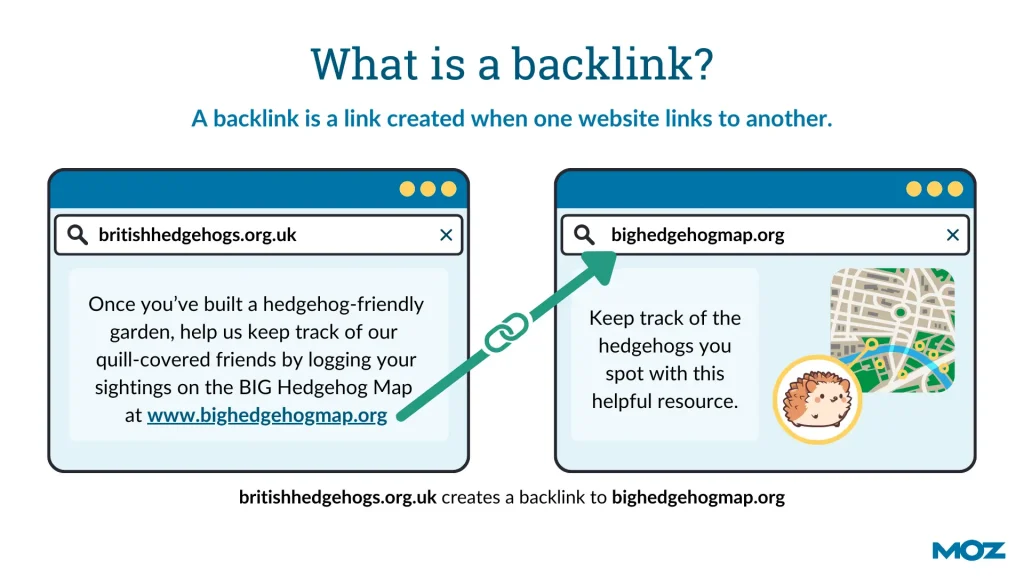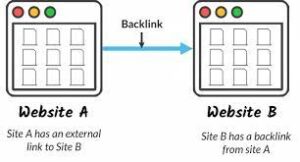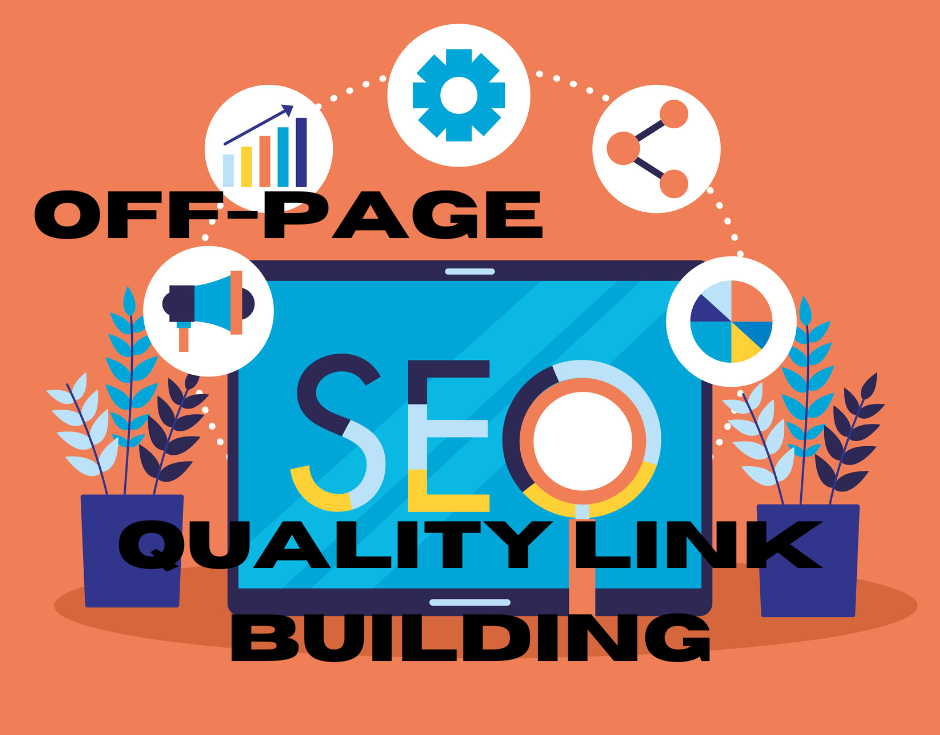How to Use Data-Driven SEO to Outrank Your Competitors
In the competitive landscape of digital marketing, data-driven SEO has emerged as a powerful tool to outrank competitors. Instead of relying on assumptions, data-driven strategies leverage concrete insights to optimize websites and content for better rankings. Let’s explore how you can use data to craft an effective SEO strategy and gain an edge over your competitors.
1. Data-driven SEO – Recognizing the Value of Data in SEO
Data-driven SE O combines analytics, tools, and insights to make informed decisions about optimizing your website.
O combines analytics, tools, and insights to make informed decisions about optimizing your website.
Why It Works: It eliminates guesswork, thus allowing you to focus on strategies that deliver measurable results.
Example: Instead of randomly choosing keywords, you select ones with high search volume and low competition by analyzing search trends.
By leveraging data, you can uncover gaps in your strategy and refine your approach for maximum impact.
2. Start with Competitor Analysis
Analyzing your competitors is the first step in a data-driven approach.
Identify Their Strengths: Tools like SEMrush, Ahrefs, and SpyFu reveal the keywords your competitors rank for and their backlink strategies.
Spot Weaknesses: Look for areas where their content falls short outdated information, lack of depth, or poor user experience and capitalize on these gaps.
Actionable Tip: Create a competitor comparison sheet to track keyword rankings, backlink sources, and content quality.
3. Keyword Research: Focus on High-Intent Terms
Keyword research is the backbone of SEO, and data-driven methods take it to the next level.
Use Tools: Google Keyword Planner, Ubersuggest, and Moz provide insights into search volume, competition, and user intent.
Long-tail keywords: These frequently have higher conversion rates and less competition. For instance, go for “best running shoes for flat feet” rather than “shoes.”
Pro Tip: Keep refining your keyword list based on performance metrics to stay ahead of trends.
4. Leverage Analytics for Content Optimization – Data driven SEO
Your current content is a treasure trove of opportunities to boost your SEO.
Audit Performance: Use Google Analytics to identify pages with high traffic but low engagement.
Optimize Content: Update such pages with fresh information, multimedia elements, and internal links.
Example: A blog post ranking on the second page can often jump to the first page with slight tweaks like adding relevant keywords and improving readability.
5. Monitor and Enhance Page Experience
Particularly after Google’s Core Web Vitals change, page experience has become a critical ranking element.
Data to Collect: Use tools like Google PageSpeed Insights and GTmetrix to measure load times, interactivity, and visual stability.
Enhance User Experience: Optimize images, reduce unnecessary scripts, and ensure mobile-friendliness.
Pro Tip: Faster-loading pages not only rank higher but also reduce bounce rates, improving overall user engagement.
6. Backlink Analysis and Building
Backlinks remain one of the strongest signals of authority for search engines.
Audit Existing Backlinks: Use tools like Ahrefs to analyze your backlink profile and identify toxic links.
Study Competitor Backlinks: Pinpoint authoritative domains linking to your competitors so as to reach out to these sites with better content proposals.
Actionable Strategy: Create link-worthy assets such as infographics, in-depth guides, or case studies to attract high-quality backlinks.
7. Optimize for Local Search
Local SEO has the potential to revolutionize firms who aim to reach local audiences.
Leverage Data: Tools like Bright Local and Moz Local help you track local keyword rankings and online reviews.
Google My Business: Ensure your profile is updated with accurate business information, high-quality images, and engaging posts.
Pro Tip: Collect and analyze reviews to understand customer sentiment and improve services accordingly.
8. Track Competitor Content Strategies – Data driven SEO
Content is king, but analyzing how competitors use content is equally important.
Find Gaps: Tools like BuzzSumo help identify trending topics your competitors haven’t covered.
Improve on Existing Content: Create longer, more comprehensive, or visually engaging versions of your competitors’ best-performing articles.
Example: If a competitor ranks for “SEO tips,” create a guide with more actionable advice, visuals, and data-driven insights.
9. Measure Results Continuously
SEO is an ongoing process, and regular monitoring ensures you stay on track.
Important data: Pay close attention to data such as Google ranks, bounce rate, conversion rates, and organic traffic.
Tools to Use: Google Analytics, Search Console, and paid tools like SEMrush provide detailed reports.
Pro Tip: Use A/B testing to experiment with strategies and implement the most effective ones.
10. Embrace AI and Automation
AI tools like ChatGPT, Jasper, and Clear scope can assist in content creation and optimization.
Why Use AI: It saves time and provides data-driven insights for better keyword usage and readability.
Example: Use AI to generate meta descriptions, identify trending keywords, or suggest blog ideas.
Conclusion
Data-driven SEO isn’t just about gathering numbers but it’s about interpreting and applying them to create a competitive edge. By analyzing competitors, leveraging tools, and continuously optimizing your content and site performance, you can achieve and maintain higher rankings. Recall that SEO is a process rather than a quick fix. With a data-driven mindset, you’ll stay ahead of the curve and consistently outperform your competitors in search rankings.
